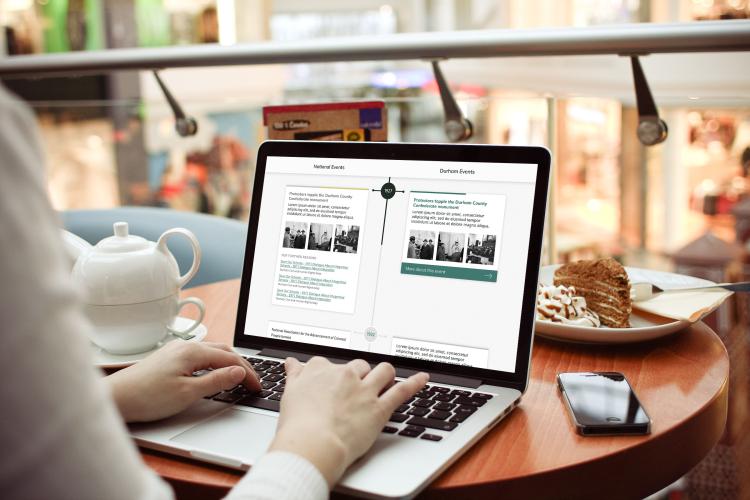Last week, I attended the All Things Open conference conference. The conference is hosted in Raleigh, so for those of us carless folks, it is a very accessible world-class conference a mere 30-minute bus ride away. I attended the conference last year (its 2nd year running) and enjoyed a shallow dive into a wide variety of open source technologies. Some of which was applicable to the work I was doing, and some of which was more geared towards inspiration, new ideas, and learning about technologies that I could utilize or at least should be aware of. This year I attended with a similar perspective, but also with my employer (red) hat (and shoes) on.
It was fun to network and discuss opportunities of diversity with organizations like girl develop it and advocate that the iron yard academy produce a PHP / Drupal class. It was also another chance to be impressed with conference organizer Todd Lewis’s ability to say “thank you” in nearly every sentence. Thank you Todd! All-in-all-things-open it was a productive conference for meeting people, hearing presentations, and getting our name out there a bit more.





